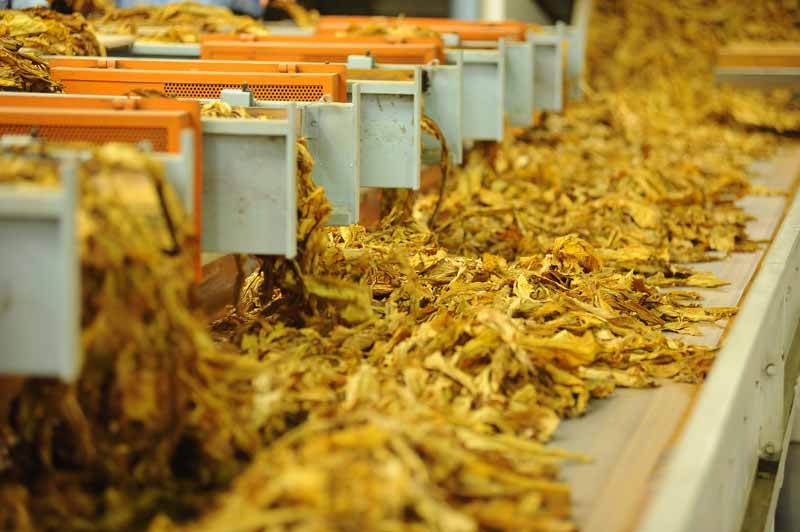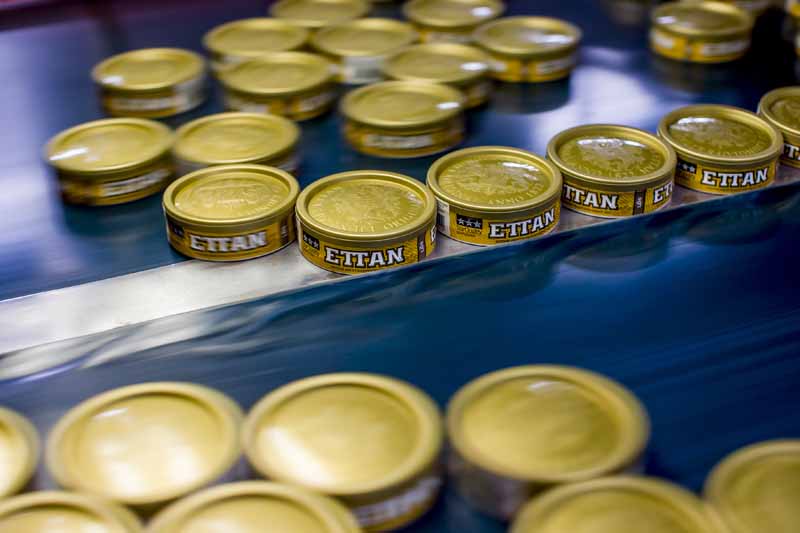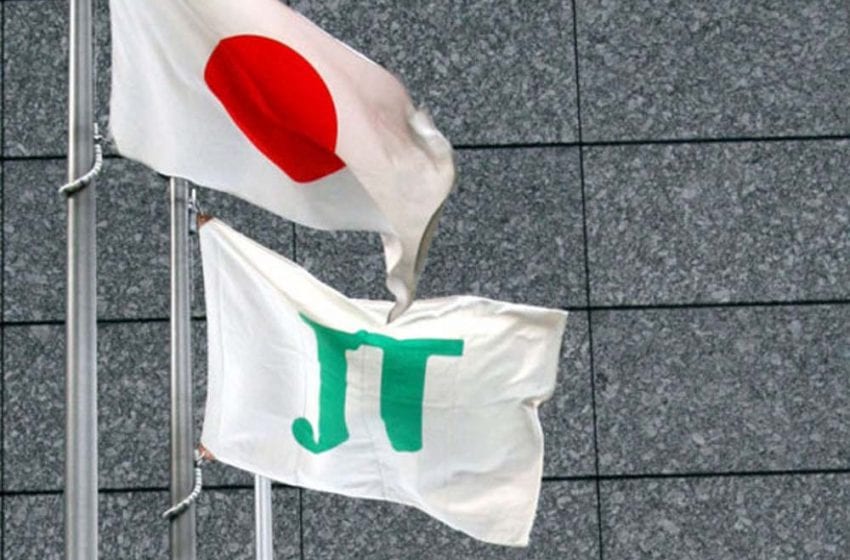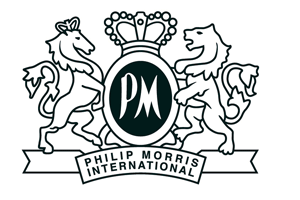Pyxus International announced the next steps in its business transformation. The company will consolidate its emerging market branded businesses under a new operating model, implement a global operations efficiency program and streamline its senior management reporting structure.
The new operating model aligns the company’s B2C and B2B e-liquid, legal cannabis, industrial hemp, and CBD businesses and brands under FIGR Brands, a wholly owned Canadian subsidiary of Pyxus. The combination of the company’s investments in Purilum, Humble Juice Co., Criticality and Twelfth State Brands into one operating model is designed to allow Pyxus to more effectively leverage the entities’ collective strengths to build a global consumer products brand business that can deliver the next generation of THC, CBD and e-liquid consumer products to legal markets around the world.
Harvey Carroll, current president of FIGR Brands, will manage the new operating model and will report to Pieter Sikkel, Pyxus’ president and CEO.
The global operations efficiency program is currently underway and is a comprehensive review of Pyxus’ global footprint and cost structures. This review encompasses all of Pyxus’ business units, including FIGR Brands and its leaf tobacco business, Alliance One International, with the aim to create more value for its customers and shareholders and position the company for long-term success. Pyxus management will report on progress in the implementation of the global operations efficiency effort by May 1, 2020.
Effective immediately, the board of directors has appointed Martin R. Wade III as nonexecutive chairman of the board. Daniel A. Castle, founder of Castle Brand Group, will transition from being a member of the board of directors to serving as a consultant to Pyxus. Bryan Mazur, who has served as executive vice president of global specialty products, will be leaving the company as that position is being eliminated.
“Pyxus continues to transform how it operates as we work to build a more streamlined organization for the future,” said Sikkel. “The new consumer products branded business model is a natural milestone in our company’s transformation journey to deliver superior value for the benefit of our stakeholders. We remain committed to achieving long-term, sustainable growth and look forward to building a stronger Pyxus as we continue to execute against our vision to transform people’s lives so that together we can grow a better world.”







